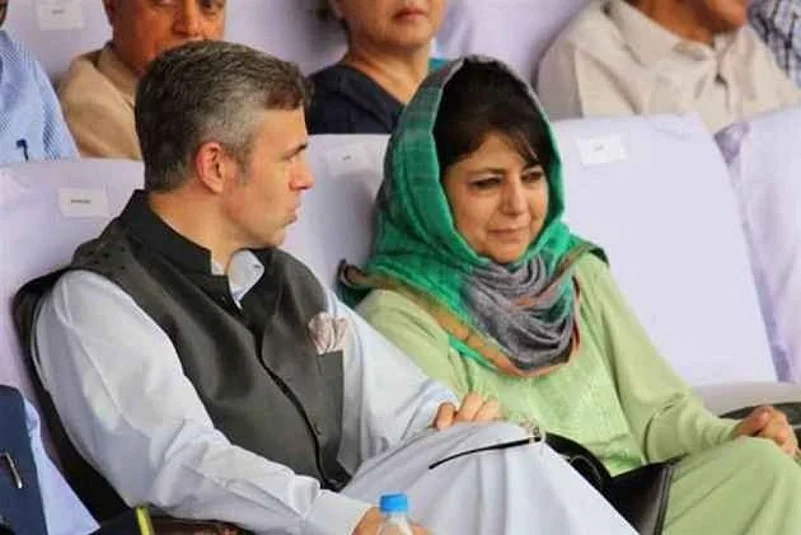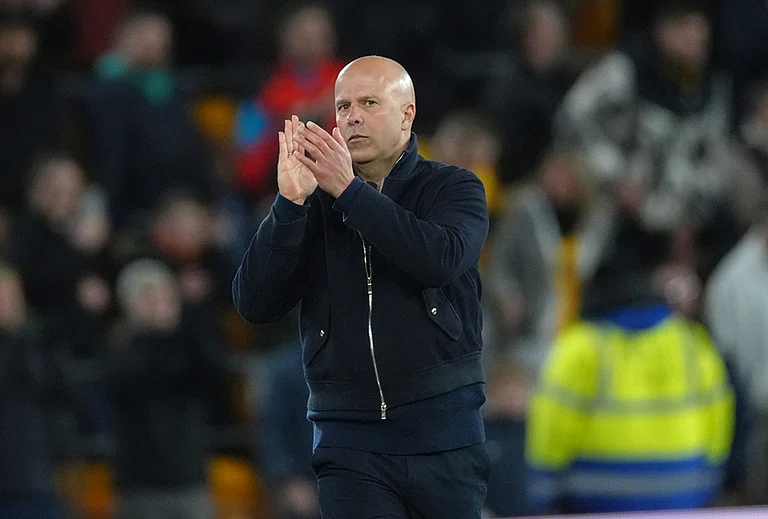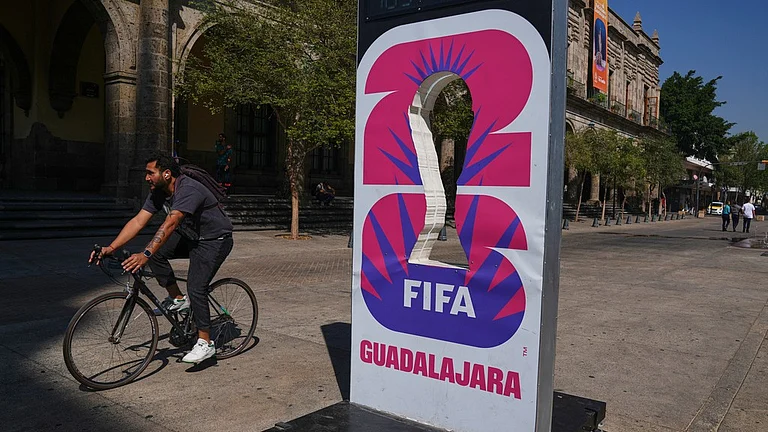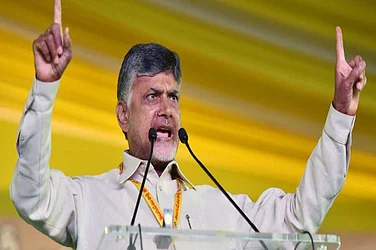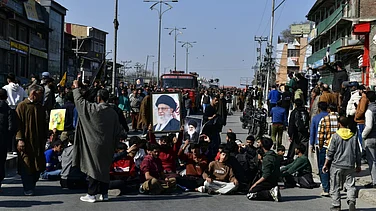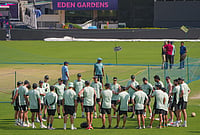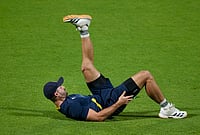In a concerning turn of events, political leaders in Jammu and Kashmir faced restrictions on the occasion of Martyrs' Day, raising alarm over the attempts to distort history and suppress their commemorative activities. PDP Chief Mehbooba Mufti and National Conference (NC) leader Omar Abdullah were among those who voiced their grievances over being subjected to house arrest and denied security escorts.
Martyrs' Day, historically observed on July 13 in Jammu and Kashmir, commemorates the 22 Kashmiri people who lost their lives in 1931 while protesting against the autocratic rule of Maharaja Hari Singh. It is a significant day for the region, symbolizing the struggle for freedom and democracy. However, after the abrogation of Article 370 and the division of Jammu and Kashmir into two Union territories, the governor administration dropped Martyrs' Day from the list of gazetted holidays in 2020.
However, this year's Martyrs' Day was marked by restrictions imposed on political leaders, hindering their ability to pay homage to the martyrs and participate in commemorative events. PDP Chief Mehbooba Mufti alleged that she was put under house arrest to prevent her from visiting the Martyrs' graveyard. In a tweet, she wrote, "I'm under house arrest for wanting to visit the Martyrs' graveyard today. This at a time when the government of India has used its tall claims of normalcy to justify the illegal abrogation of Article 370."
Mufti expressed her determination not to allow the Bharatiya Janata Party (BJP) to distort history or forget the heroes who sacrificed their lives for democracy. She further criticized the BJP, stating, "BJP's own heroes who spread hatred and division cannot be forced on us. We won't allow you to distort our history or forget our heroes."
Supporters of Mehbooba Mufti shared photos and videos showing the main gate of her residence, located in the Khimber area on the outskirts of the city, locked from the outside, reinforcing her claim of being under house arrest.
Similarly, Omar Abdullah, Vice President of the National Conference (NC) and former Chief Minister of Jammu and Kashmir, faced hurdles in his attempt to pay homage to the martyrs. Abdullah alleged that the Jammu and Kashmir Police denied him his security escort vehicles and Indo-Tibetan Border Police (ITBP) cover to visit the party headquarters.
Undeterred by the denial of security cover, Omar Abdullah embarked on a foot march from his residence in the Gupkar area to the NC party office near Zero Bridge. He was accompanied by a small group of his special security group personnel. Abdullah took to Twitter to express his determination, stating, "Dear Jammu and Kashmir Police, don't think that refusing to give me my escort vehicles and ITBP cover will stop me. I'll walk to where I have to get to, and that's exactly what I'm doing now."
Upon reaching the office, where party leaders and activists were waiting for him, Omar Abdullah criticized the police for obstructing his senior colleagues from attending the event. He stated, "Now that I've got to the office and will go ahead with my program, you will send everything. The fact is Jammu and Kashmir Police has stopped a lot of my senior colleagues from coming to the NC office today by adopting the same tactics of stopping them in their homes."
Since 2018, when Jammu and Kashmir came under governor's rule, there have been no official functions on Martyrs' Day. Political leaders and activists have alleged that their movement is restricted on this day, and they are not allowed to visit the Martyrs' graveyard to pay homage.
The denial of security cover, house arrests, and attempts to distort history have raised concerns among political leaders and activists. Critics argue that these actions are part of a concerted effort to rewrite India's history, including the history of Jammu and Kashmir. They point to changes in textbooks and the manipulation of historical narratives as evidence of this trend.
Political leaders like Mehbooba Mufti and Omar Abdullah have vowed to resist attempts to distort history and safeguard the region's rich historical heritage. They assert that the heroes who sacrificed their lives for freedom and democracy must be remembered and respected.


